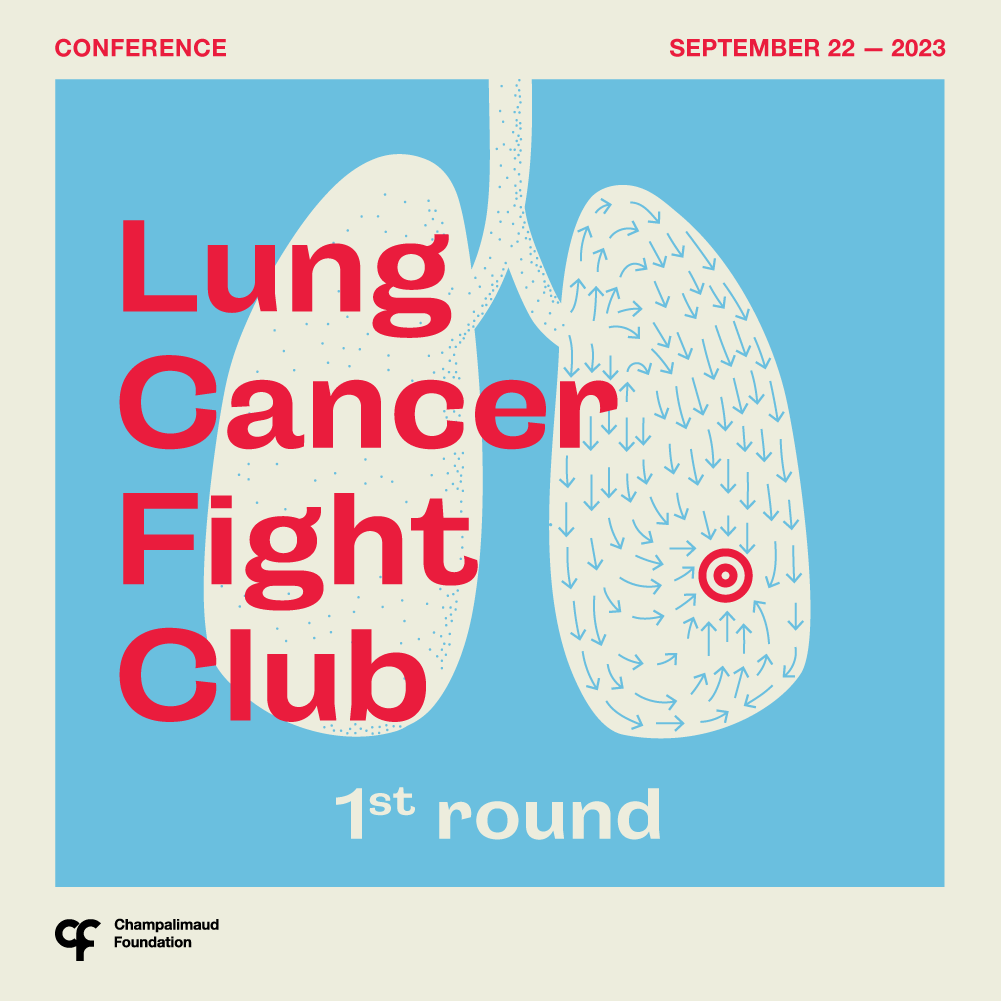Lung cancer is the leading cause of death from cancer worldwide conferring high morbidity, mortality and costs. In Portugal, the scenario is no different. According to the World Health Organisation (Globocan), in 2020, 5415 new cases of Lung Cancer were diagnosed in our country, being the 4th most frequently diagnosed tumour in both genders (the 2nd if breast and prostate neoplasms are excluded), with greater relevance in males.
The low survival rates for lung cancer reflect the high percentage of patients diagnosed with locally advanced or metastatic disease (75%), for whom the relative survival rate at 5 years is 6%, whereas in early stages of the disease it is approximately 60%. In Portugal, it is estimated that 23.6% of cases are diagnosed in locally advanced stage and 58.4% with metastatic disease. Therefore, the prognosis of the disease is highly dependent on the staging at diagnosis, which shows the great potential for the implementation of early diagnosis strategies in order to reduce this high mortality rate.
The delay in diagnosis of lung cancer is clearly an important factor on the overall outcome of the treatment of the disease, therefore efforts should be made to increase lung cancer diagnosis in early stages. To achieve this goal, awareness-raising projects aimed at the general population and at health professionals, namely in General Practitioners, should be implemented. Along with this attitude, it is also of utmost importance to develop cancer registries, smoking cessation programmes and lung cancer screening on a large scale, optimising its cost-effectiveness and overcoming the considerable challenges that will be faced, particularly in the near future.
In the last decade, an increased number of new therapeutics, such as target therapies and immunotherapy, allowed a higher survival and better quality of life in patients diagnosed with advanced lung cancer. Recently, these new therapeutics are being applied in a perioperative setting, in lung cancer early stages. Ongoing trials showed highly promising preliminary results.
This meeting aims to assemble colleagues from different areas in the lung cancer field, for an enriching discussion about highlight subjects, such as prevention, screening, diagnosis and treatment, with a worthy commitment on the implementation of public health policies and interventions and the ultimate goal of doing more and better for our patients.
We look forward to seeing you at the Champalimaud Foundation on September 22, 2023.
Full programme here.
Free registration here.
Scientific support

Financial support




